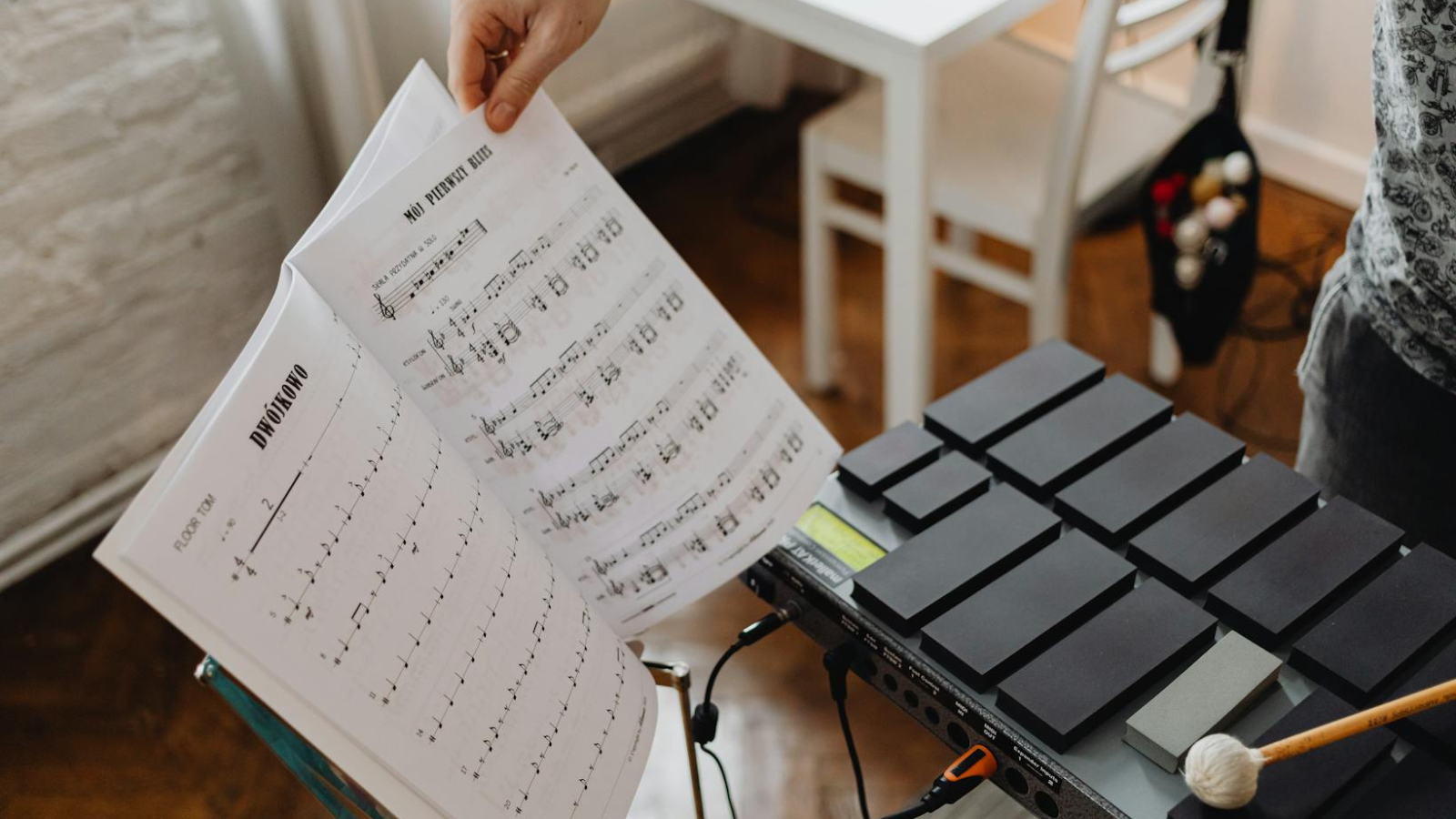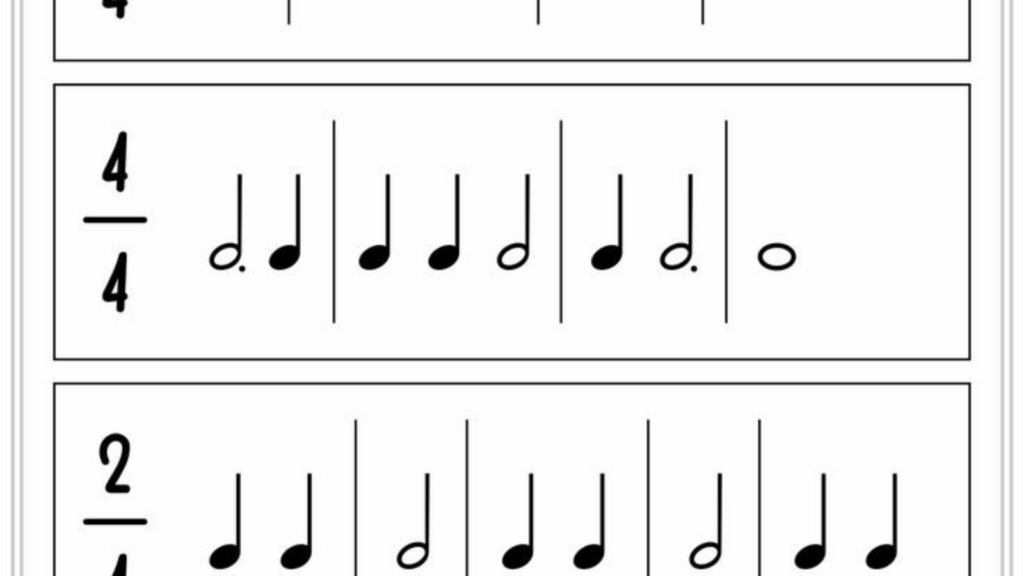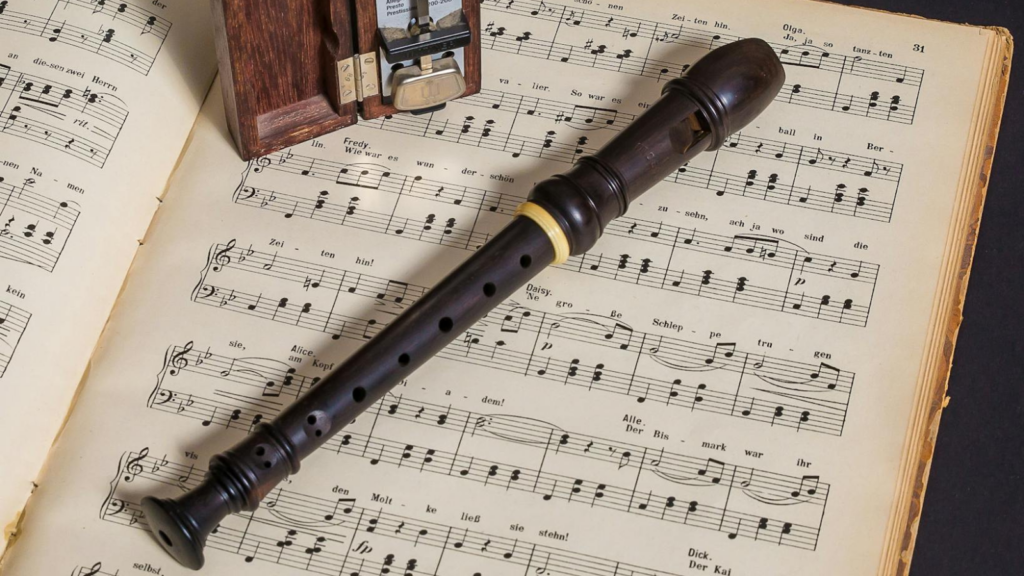Embarking on a journey through the fascinating world of music theory? Whether you’re a budding musician or a seasoned composer, it’s essential to have a solid grasp of the fundamental concepts. That’s where a music theory quiz comes in handy. It’s not just a test of knowledge, it’s an engaging way to reinforce what you’ve learned and identify areas that need more attention. For those seeking Diverse and Engaging Content to enrich their studies, music theory quizzes provide interactive ways to learn.
In the grand symphony of musical education, a music theory quiz is the metronome keeping you on tempo. It’s a tool designed to challenge, engage, and inspire. So, are you ready to hit the right notes and fine-tune your understanding of music theory? Let’s dive in and explore the benefits of these quizzes and how they can enhance your musical journey.
Music Theory Quiz

In a basic music theory quiz, individuals delve deeper into the concepts of pitch, rhythm, scales, intervals, and melodies. Participants learn by answering structured questions that test their grasp of notation, chords, and key signatures. These quizzes accurately assess the depth of theoretical knowledge, expose gaps in comprehension, and foster continuous learning. Such questionnaires often feature multiple-choice questions, true or false inquiries, fill-in-the-blank queries, and occasionally, short essay prompts. With every query linked to music fundamentals, these tests offer a comprehensive analysis of musical elements and encourage the strategic reinforcement of musical principles, as discussed in previous sections. It’s worth noting that these exercises don’t simply test memory, but require an understanding of the relational connections between different music theory components.
How Does a Music Theory Quiz Improve Musicianship?
Music theory quizzes enhance musicianship by solidifying understanding of fundamental concepts, grasping intricate relationships between musical elements, refining perceptual skills, promoting sight-reading competencies, and fostering confidence. They blend practical, theoretical, and perceptual learning paths, sparking comprehensive musical growth. After identifying gaps, targeted study plans streamline the learning process, fostering expertise.
Great Music Theory Quiz Resources
Accessing the right resources amplifies efficiency and achievement. Priming the pathway towards proficiency, the internet hosts a broad spectrum of music theory quiz platforms. Renowned ones include musictheory.net, My Music Theory, and teoria.com. Their comprehensive coverage, ranging from rhythmic exercises to harmonic analysis, lays a strong foundation in music theory.
Tips for Acing a Music Theory Quiz

In the pursuit of high proficiency in music theory quizzes, students might adopt different study strategies. Empirical evidence affirms that a holistic, consistent approach often proves beneficial. Exploring varied resources, consistently practicing, understanding the underlying principles, and actively applying the knowledge take precedence over cramming. Here are a few strategies that can potentially maximize students’ performance in a music theory quiz.
- Understand the Fundamentals: Grasping basic music theory concepts forms the foundation for more complex learning. For instance, learning about the circle of fifths, note names, rhythm values, and key signatures provides a strong base from which other musical elements can be understood.
- Early Initiation and Regular Practice: Initiating preparation well before the quiz and consistently practicing questions refine students’ skills. For instance, spending 30 minutes per day analyzing and practicing music theory concepts can vastly improve performance over time.
- Utilize Quality Resources: Making good use of the resources discussed in the previous sections, such as musictheory.net, Theory Lessons app, and books like “Tonal Harmony,” can enhance comprehension and retention of musical concepts.
- Apply Knowledge Practically: Applying theory principles to actual musical pieces fosters retention and understanding. For instance, trying to identify scales or chord progressions in popular songs can be a fun and effective way to learn.
- Seeking Feedback: Regularly seeking feedback on performances and practice quizzes can identify areas of potential improvement. For example, tutors or online resources can provide crucial insights into common mistakes and how to avoid them.
Must Know
Music theory quizzes prove to be a potent tool in a musician’s learning journey. They’re not just a test of knowledge, but a means to strengthen understanding, refine skills, and boost confidence. The article’s tips on acing these quizzes underline the importance of a strong foundation, early practice, high-quality resources, and a positive mindset. It’s also clear that these quizzes aren’t just about rote learning.



